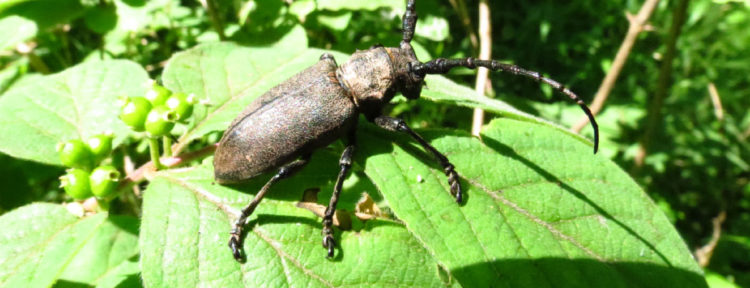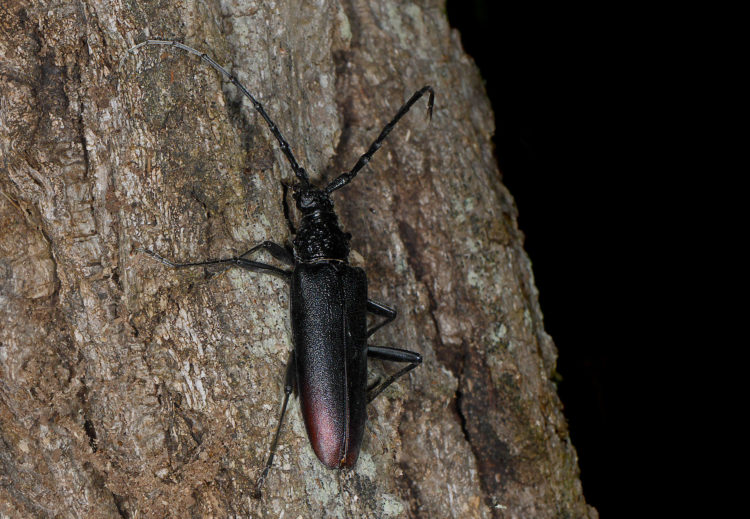Governance and operation
A National Nature Reserve is governed by the French Environmental Code. While complex, this piece of legislation does make for a transparent management system and promote broader involvement of the stakeholders.
A National Nature Reserve is a remarkable natural asset recognized at the national French level. Consequently, its classification is decided by the government, by ministerial decree. The government is then responsible for its management which it delegates to a competent local administrator. The management convention sets down the duties under the administrator’s responsibility, for which it receives an annual grant.
In 1977, Strasbourg Municipal Council submitted a request to the Prefect to apply the law of July 10, 1976 regarding protecting the natural environment of Rohrschollen Island. The classification was finally awarded 20 years later by ministerial decree on March 4, 1997.
The convention of April 19, 2011 named the City of Strasbourg as administrator of Rohrschollen Island Nature Reserve. It stipulates the duties assigned by the government of which the priority is to apply and enforce the rules and regulations at the site. The administrator is also responsible for formulating and implementing the management plan, a reference document that defines the long-term objectives and the ensuing interannual action plan.
Renewed every five to 10 years, the management plan is submitted for approval by the CSRPN (Regional Scientific Council for Natural Heritage) for the Grand-Est Region before its implementation. The first management plan was also submitted for approval to the CNPN (National Council for the Protection of Nature) whose role is to ensure the long-term objectives are in line with the conservation aims for France’s natural heritage nationwide.
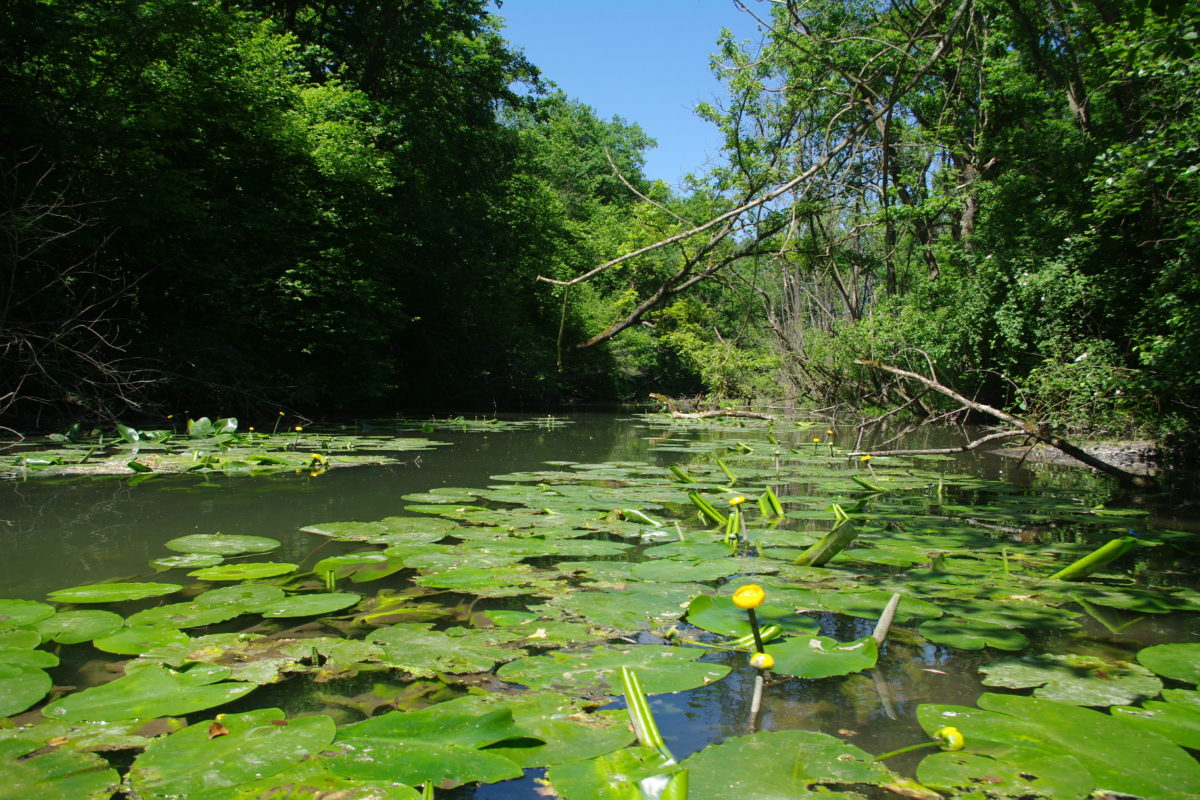
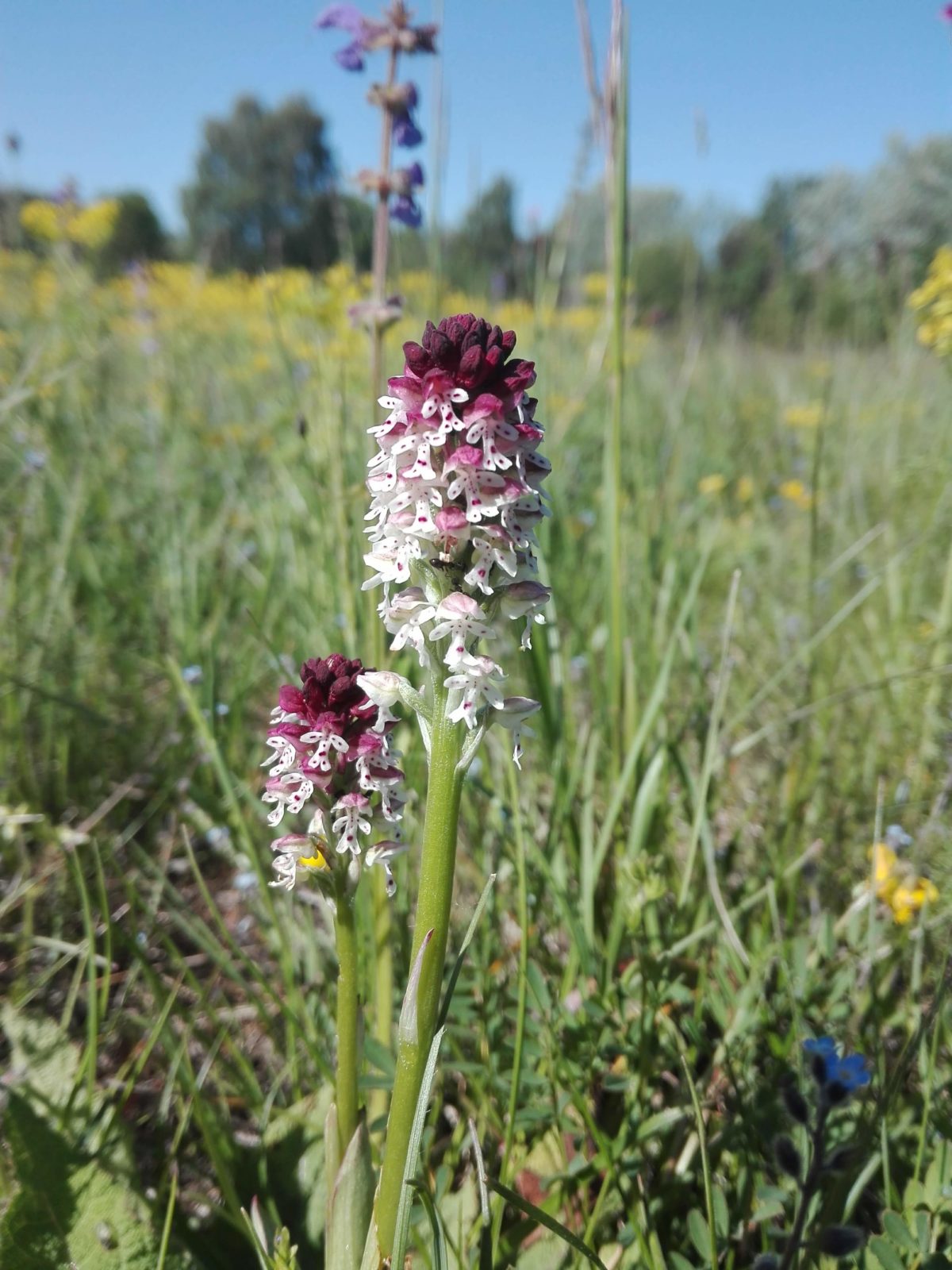
The nature reserve’s very own parliament, the consultative committee, is represented by all the reserve’s stakeholders. Formed of regional and national government agencies, local elected officials, residents, users and associations, the committee is in charge of monitoring and evaluating the management. The consultative committee gives its opinion on any matter relating to the nature reserve before any decision taken by the prefect or their representative.
The administrator is also supported by the nature reserve’s scientific council. Made up of scientists specializing in the different challenges faced by this classified area, the council is both a resource for making more informed management decisions and a scrutinizing body providing a response to any project that risks contradicting the conservation objectives. Until a dedicated scientific council is established, the CSRPN for the Grand-Est region fulfills this role for Rohrschollen Island Nature Reserve.
The consultative committee meets twice a year to discuss management issues.
In 2018, the management budget for Rohrschollen Island Nature Reserve was €190,000 split between the government and the City of Strasbourg. It may be increased year to year depending on the projects planned and any additional funding obtained.
Scientific Activities
Knowledge as a Conservation and Education Tool
As administrator, the City of Strasbourg is responsible for formulating then implementing the Reserve Management Plan. This document presents the conservation and management project planned for the site over a 5-10 year period.
Scientific findings form the basis of this plan. They provide guidance to the administrator with regard to objectives and procedures.
The purpose of this research is to identify and monitor the species and biotopes on the site; and evaluate the impact of the management approach on the species and natural habitats.
Surveys
Surveys provide a report on the status of species and habitats at a given time. Their subjects include areas or groups of species that have never or hardly been studied before (lichen, moss, fern, insects, bats, etc.). This targeted research fills in any gaps concerning our natural heritage and updates the information we have. It has also led to the discovery of species until now believed absent either locally or nationally. Surveys are conducted by the reserve’s staff or by external parties (associations, scientists, research offices, etc.).
Monitoring
Monitoring is carried out regularly on both the species and the remarkable habitats that earned the site’s reserve status and whose conservation status needs to be monitored. Monitoring is used to evaluate the effects of the management measures implemented and adjust them where necessary. In this case, monitoring is performed on bioindicator species and other physico-chemical indicators.
Furthermore, to address more general challenges, the Reserve is a member of national monitoring programs, such as Temporal Monitoring of Common Birds – Simple Occasional Sampling (or STOC-EPS) coordinated by the Muséum National d’Histoire Naturelle, the POP Amphibian Program overseen by the SHF (French Herpetology Society) and the Dendrometric Monitoring Protocol for Forest Reserves (or PSDRF) started by stakeholders including the Réseau des Réserves Naturelles de France.
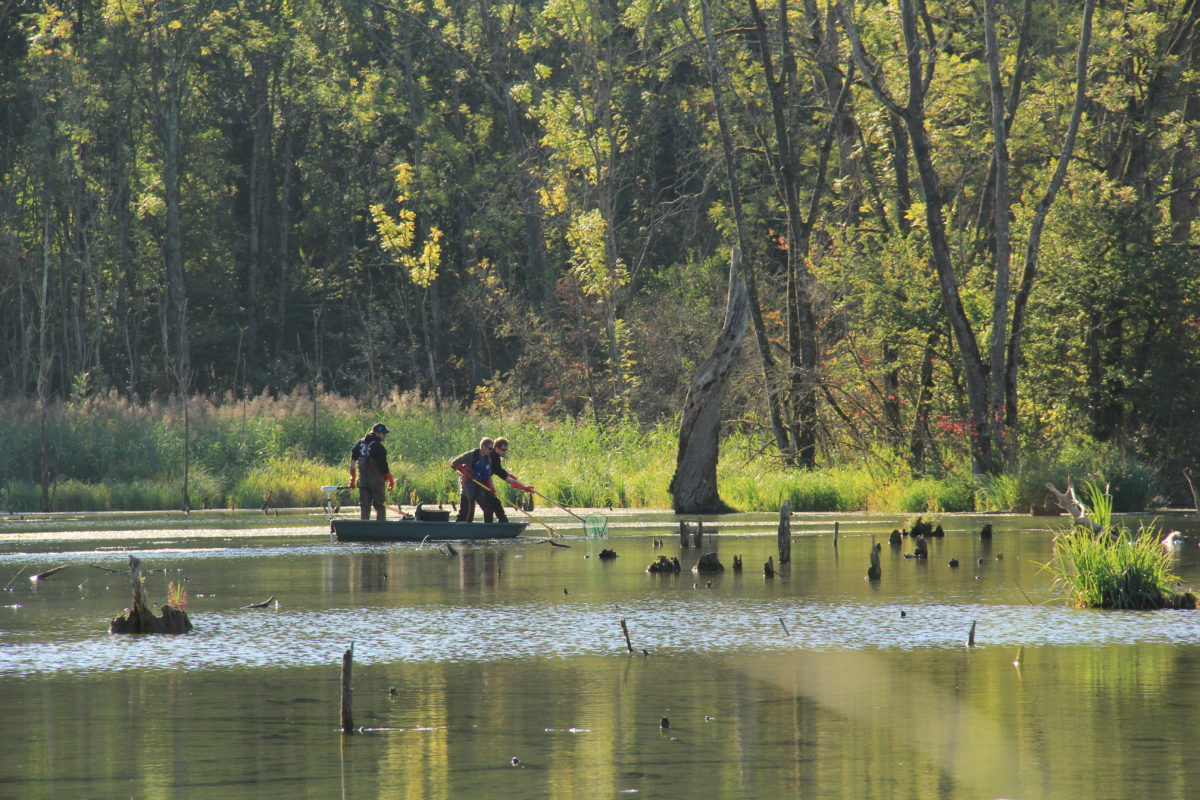

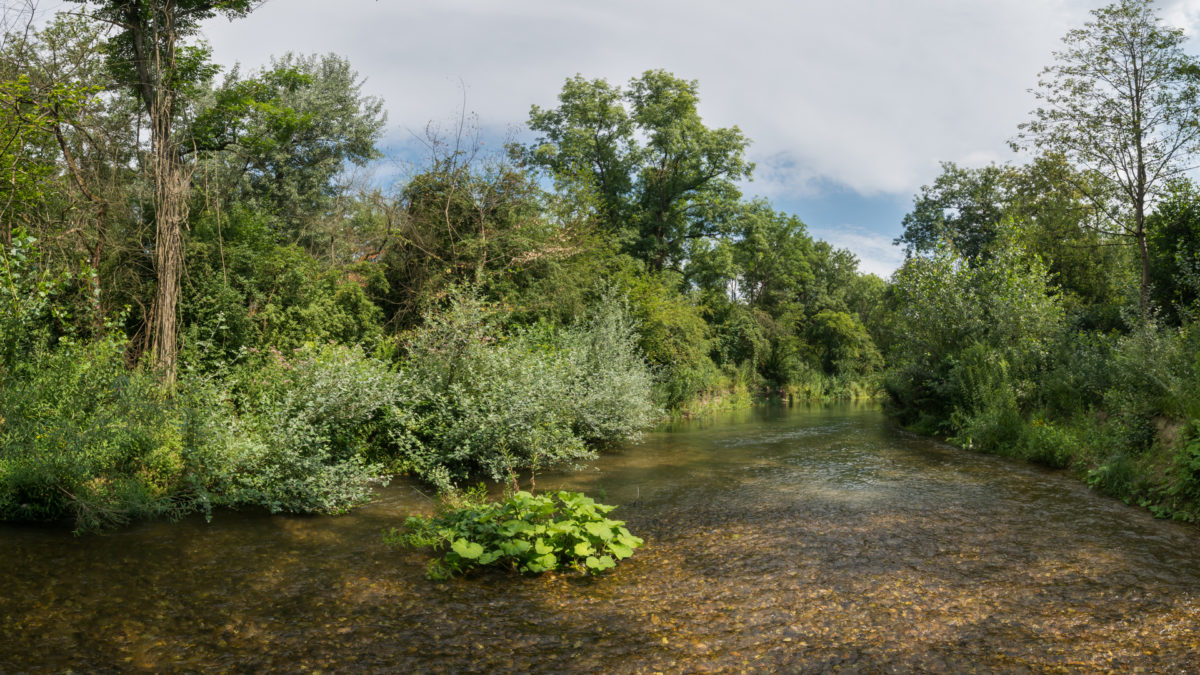
Cross-disciplinary studies
Rohrschollen Island is also the site of a series of cross-disciplinary studies carried out by Strasbourg University and the CNRS on the alluvial dynamic restoration project (LIFE+).

